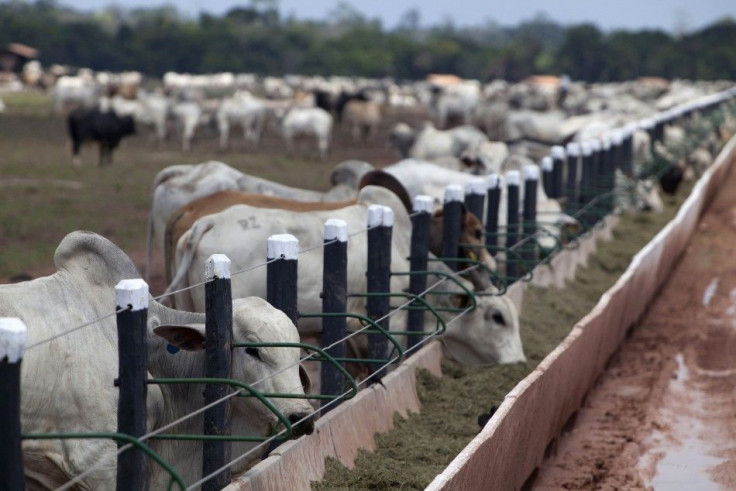Russia Bans Australian Beef Not Due to Growth Hormones But More Likely Due to Crimea – Joyce

Russia has implemented a ban against beef imported from Australia which will take effect from next week. Russia claimed the ban was instituted because of growth hormones. However, Agriculture Minister Barnaby Joyce belied the allegations.
Mr Joyce said he believes the ban was more because of the tensions triggered by the Crimean conflict.
"They say they've found it in Wagyu beef, which seems highly unlikely," Mr Joyce told ABC radio on Thursday. "I am highly dubious about the claim . . . it just didn't ring true.
"The line of beef that it's in, it's like saying oh we found roses growing wild in the hills," Mr Joyce added. "Well you might have, but I doubt it."
Frank Dunshea, chair of agriculture at Melbourne University, said hormone growth promotants (HGPs) are basically harmless. He explained it is just a synthetic hormone which increases the muscle growth rate and will improve feed efficiency.
"There are no health issues around consumption of meat from animals treated with HGPs," Mr Dunshea told ABC.
Mr Dunshea further noted HGPs are used widely in beef producing countries including the USA and Canada.
Mr Joyce believed Russia is using trade versus diplomatic issues since Australia imposed sanctions on Russia in response to the Crimean crisis.
"The peculiarities and fractious environment that comes through the Crimean crisis, I expect that unfortunately trade gets tied up in . . . diplomatic issues," Mr Joyce said.
"I'd prefer it wasn't but in this case it has."
It remains uncertain how long the Russian suspension on Australian beef imports will last.
Mr Joyce said Australia will develop other trade markets, such as China and Korea, to stem the leak of the estimated $110 million annual market, according to the Herald Sun.




















